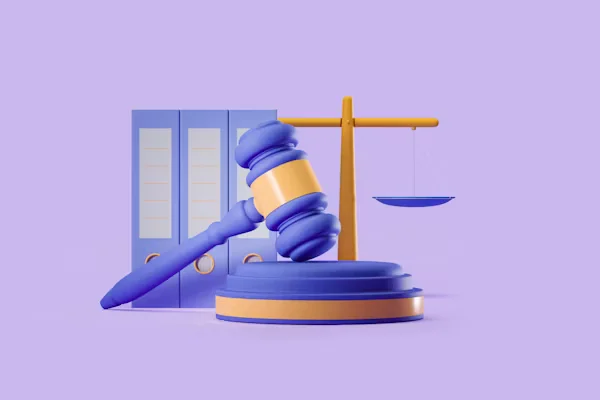A disagreement between property co-owners doesn’t fade into the background. In California, it ripples quickly all the way to the tenants who live there, shaping what happens to leases, notices, and even the right to stay in the property.
Such partition cases are one of a kind. They not only decide the split of owners, but also create real changes for the people renting the place.
This blog will help you understand how partition actions in California impact tenant evictions.
You might also like: A fresh take that complements what you just read.
Partition actions under California law
A partition action is a legal process that lets one or more co-owners of real estate ask the court to end their shared ownership. Under the law for partition action California, the court has the right to order the property to be physically divided or sold, with the proceeds split according to the ownership interests.
The process itself may sound straightforward, but the impact goes far beyond the owners themselves. For any type of property that is sold, existing tenants may find their living situation under review by a new owner.
When co-owners disagree on tenant occupancy
Tensions between co-owners mostly start with how a property is used. One might want steady rental income, while the other seeks to sell. If one owner believes certain tenants are harming the property value or delaying a sale, they may pressure for eviction even before the partition case ends.
According to the law, one owner can’t just unilaterally evict tenants if the other disagrees. California courts generally maintain the current use of the property until the case is resolved, unless there’s a compelling legal reason for immediate action, such as a serious lease violation.
Impact on existing lease agreements during partition sales
Many tenants assume that if the property is sold through a partition action, their lease automatically ends. That’s not the case. California law generally binds the new owner to honor any valid lease in place when they take over.
However, in the case of:
- The lease was not properly documented
- The lease was made informally without both owners’ consent
It could be challenged during the case.
Rights of tenants when property ownership changes
When a property changes hands through a partition sale, tenants don’t immediately lose their rights. If there’s a fixed-term lease, the new owner typically must let the lease run its course.
A sale doesn’t automatically create a “just cause” for eviction, meaning a new owner may need to wait until a valid legal reason arises before ending the tenancy.
Court-ordered sales and the role of tenant notices
Once a court orders the property to be sold, tenants must still receive proper notice before any eviction or change in terms. The buyer at a partition sale can’t skip the process. California has clear timelines for notices depending on the lease type and the local jurisdiction.
In some areas, relocation assistance may also be required if tenants are forced to move due to the sale.
How partition judgments affect rent control protections
A partition judgment itself doesn’t override rent control laws. If a rent stabilization ordinance covers a tenant, those protections remain in place after the sale. What can change is the landlord’s approach. Some new owners buy specifically with the intent to remove units from the rental market through processes like the Ellis Act.
In such cases, tenants may receive formal notices months after the sale, not because of the partition itself, but due to the buyer’s post-sale strategy. This indirect effect makes it important for tenants to monitor what happens after the case closes.
Eviction procedures following a partition sale
If a new owner decides to evict after purchasing through a partition sale, they must still adhere to the same eviction rules as any other landlord. That means serving proper notice, filing an unlawful detainer lawsuit if the tenant doesn’t move, and winning in court before regaining possession.
The key difference is timing; if the property was purchased for owner occupancy, the buyer may act quickly after the sale to start the process. Fixed-term leases still slow things down unless the tenant breaches the agreement.
Conclusion
Partition actions in California are complex procedures because they not only affect the owners but also significantly impact the lives of tenants. Sometimes in unexpected ways.
That’s why understanding how ownership disputes connect with lease rights, rent control, and eviction procedures helps both landlords and renters protect their interests before the court makes its final decision.
Want more insights like this? Head over to Management Works Media and start exploring.






